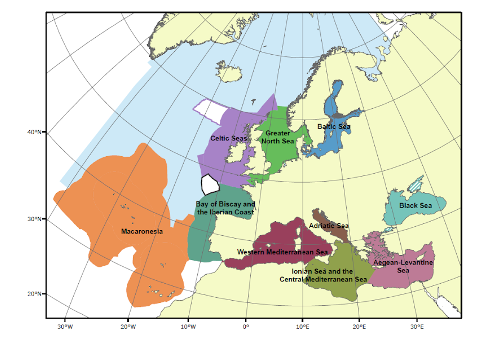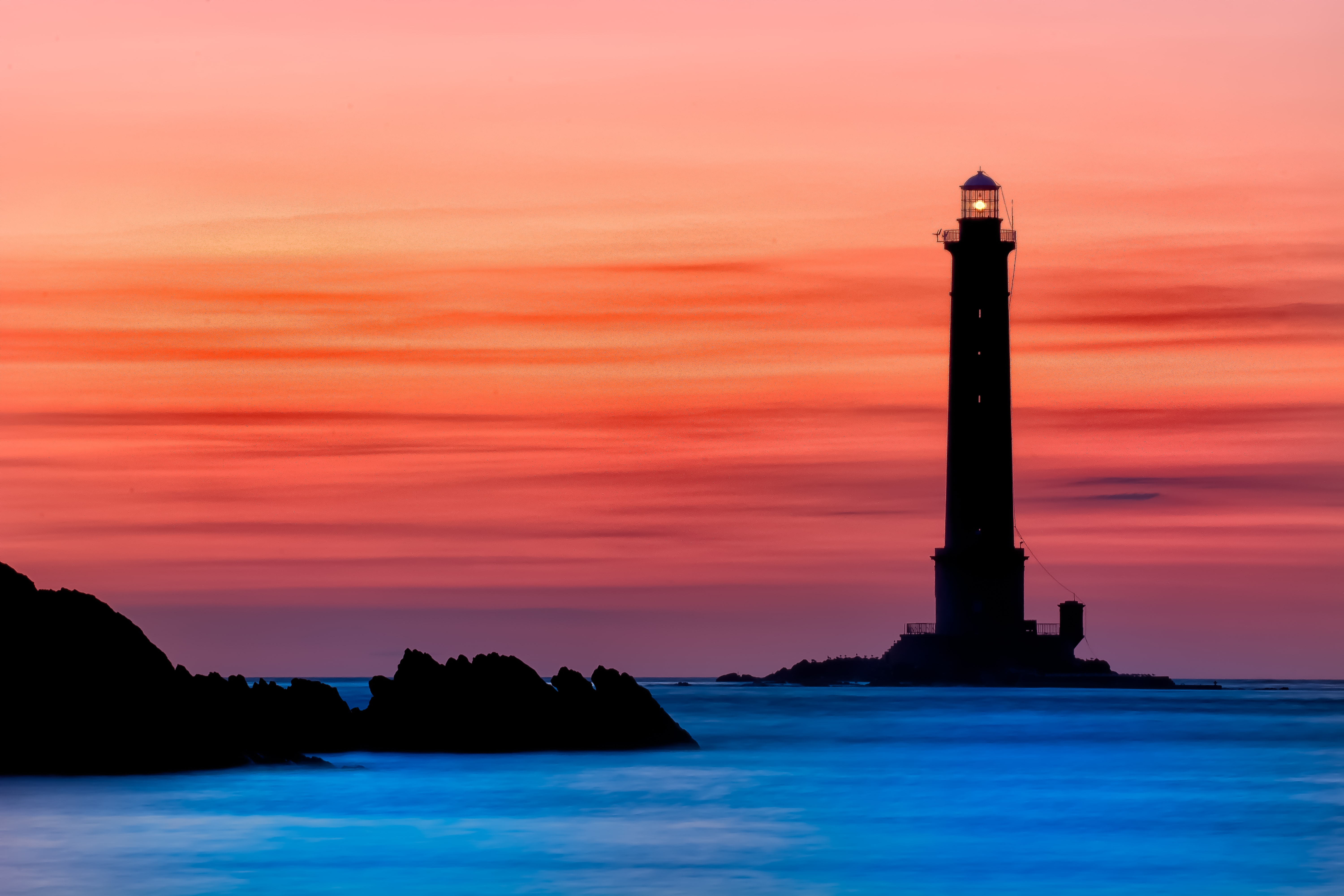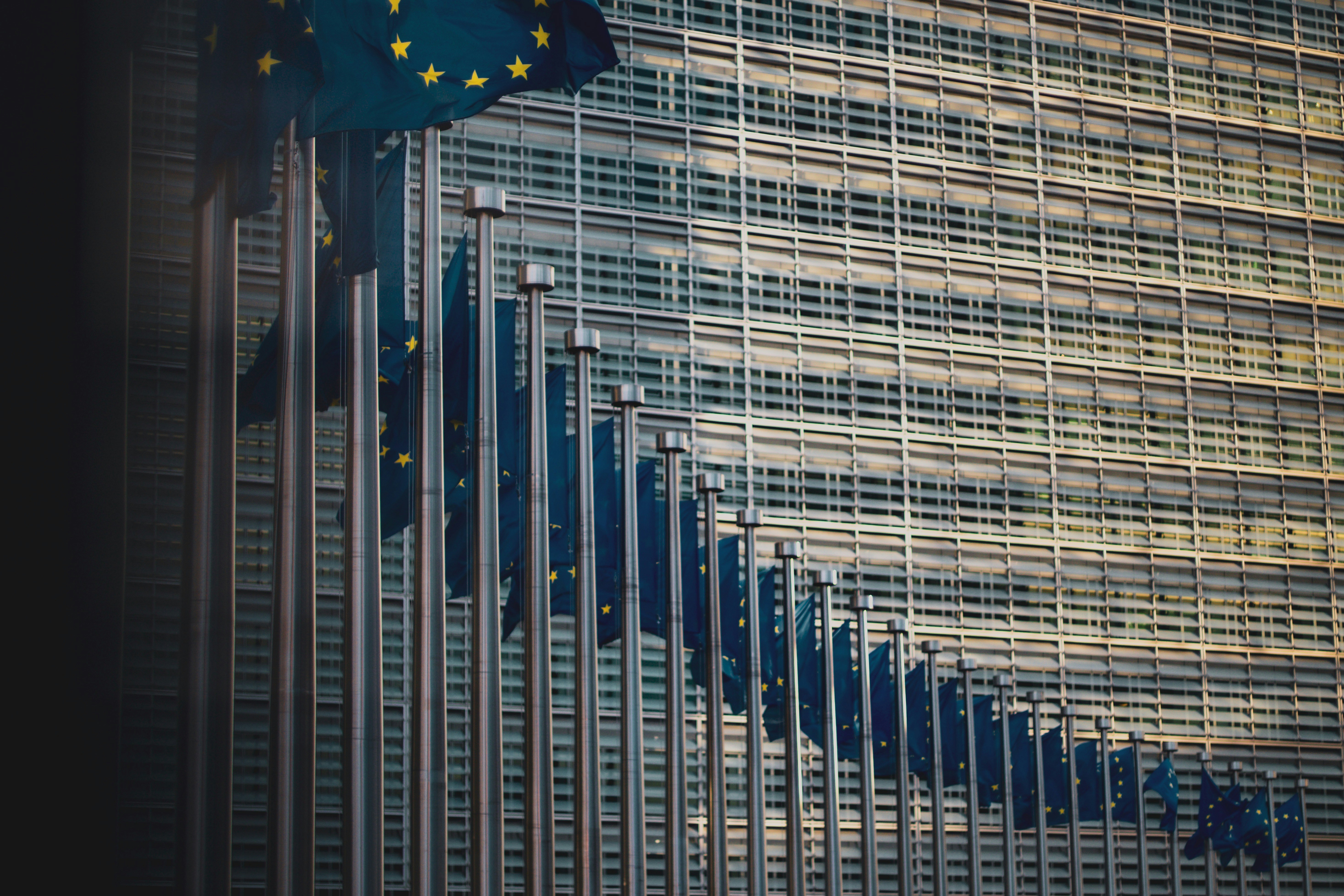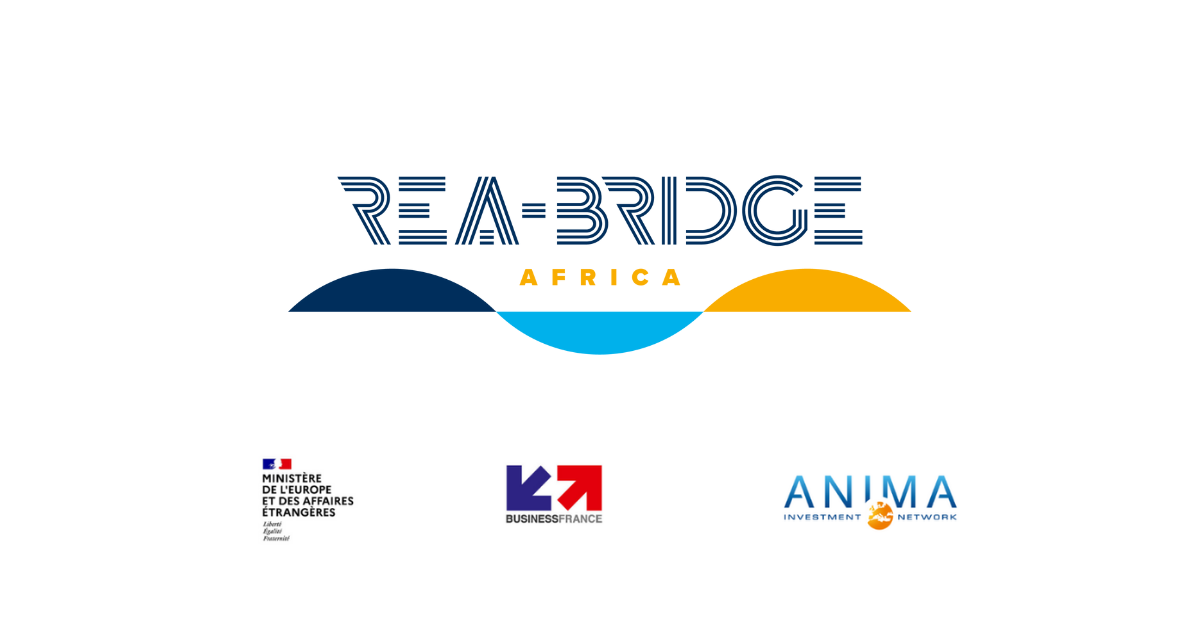Last December, Technopolis Group was awarded two major contracts with the European Commission (DGR RTD), totalling together more than 700,000€, to carry out a Baseline study for the implementation of lighthouses of Mission ‘Restore our ocean and waters by 2030′.
These baseline studies will comprehensively map the situation in the lighthouse areas, with regard to Mission objectives stakeholders, networks, governance structures and citizen engagement, as well as past, planned and ongoing projects relevant for the Mission objectives, to provide a basis for the implementation of the lighthouse and to support the creation and set up of the Implementation Charter for that lighthouse and to establish the status in 2021 for the relevant Mission objective, against which the success of Mission implementation (its outcomes and impacts) will be measured in 2025 and 2030 (baseline).
European “Missions” are a novel feature of Horizon Europe. They have been launched by the European Commission on 29 September 2021 and comprise new and innovative ways to work together and improve the lives of people in Europe and beyond, tackling complex challenges with systemic solutions in the areas of health, climate and environment, and aiming to achieve ambitious and inspiring goals in these areas by 2030. They will support EU policy and regulatory initiatives, such as the European Green Deal, EU Climate Law, EU Biodiversity Strategy to 2030, Sustainable Blue Economy Strategy and will deliver impact by putting research and innovation into a new role, combined with new forms of governance and collaboration, as well as by engaging citizens.
Five mission areas have been identified as part of Horizon Europe:
- Oceans, Seas, Coastal and Inland Waters
- Adaptation to Climate Change
- Cancer
- Climate-Neutral and Smart Cities
- Soil Health and Food
As underlined in the European Green Deal, preserving, and increasing the natural capital of the seas and oceans is critical to ensure a continued delivery of valuable ecosystem services and to enable the EU to achieve the UN 2030 Agenda Sustainable Development Goals (SDGs). However, marine ecosystems are seriously threatened and rapidly degrading. Despite ambitious legislation, efforts to protect their health to date have not been sufficiently effective. Progress in reaching good environmental status hasn’t been fast enough to cover all descriptors of the Marine Strategy Framework Directive in all EU waters by 2020. A large majority of protected marine habitats and species are in an unfavourable conservation status, or their status is unknown.
The objectives of Mission ‘Restore our ocean and waters by 2030’ is to provide a systemic approach for the restoration of our oceans, seas and waters by 2030. The specific objectives of the Mission are interlinked and mutually supportive:
- Protect and restore marine and freshwater ecosystems and biodiversity, in line with the EU Biodiversity Strategy 2030 ;
- Prevent and eliminate pollution of our oceans, seas and waters, in line with the EU Action Plan Towards Zero Pollution for Air, Water and Soil ;
- Make the sustainable blue economy carbon-neutral and circular, in line with the European Climate Law and the holistic vision supported by the Sustainable Blue Economy Strategy.
The Mission will be implemented in two phases. In the first ‘development and piloting’ phase (2022-2025), foundations will be laid for the implementation of the three Mission objectives and enabling actions. In the second ‘deployment and upscaling’ phase (2026-2030), the solutions developed and piloted in the first phase to deliver on the Mission and European Green Deal objectives will be further deployed, replicated and scaled up through rounds of open calls for scale up actions.
In the ‘development and piloting’ phase the Mission will roll out ‘lighthouses’ in major European sea and river basins, as the Mission sites.
Area-based lighthouses will be the main implementation vehicle of the Mission in its first phase. Lighthouses will act as hubs and platforms for the development, demonstration and deployment of solutions to those challenges.
As one of its first activities to support the implementation of the Mission, the European Commission has procured a Baseline Study which led by Technopolis Group with the support of two consortiums.
Technopolis Group’s task, as Team Leader, is to conduct a baseline study for Mission lighthouses in the Atlantic & Arctic, Baltic, North sea and Mediterranean basins along with the Danube river basin, for the implementation of the three Mission objectives, namely:
- A general overview of the lighthouse areas ;
- Baselines for the lighthouse areas (with respect to relevant Mission objectives, targets and activities);
- Mapping of governance structures and stakeholder involvement in the lighthouse areas ;
- Analysis of Smart Specialization Strategies and relevant activities and projects taking place in the lighthouse areas, and
- Mapping of citizen engagement and oceans/water literacy.
The baseline study and its outputs will form an important initial building block for the further deployment of the Mission ‘Restore our Ocean and Waters by 2030’. The two projects, one encompassing the Baltic and North sea, the second Atlantic & Arctic, the Mediterranean and the Danube river basin are expected to be completed respectively in June and September of this year.

(Source: EEA, 2017)
The Baltic Sea/The North Sea: Platform and actions on reducing maritime emissions, zero carbon aquaculture, carbon neutral multipurpose use of maritime space
The Atlantic and Arctic: Platform and actions for restoration and coastal resilience
Danube River basin: Platform and actions for river basin restoration
Mediterranean: Platform and actions on pollution (plastics, nutrient and chemicals)
More information on Mission ‘Restore our Ocean and waters by 2030‘:
EU Missions info days – Restore our Ocean and Waters by 2030 Mission – YouTube
The Atlantic/Arctic, Mediterranean and Danube basin lighthouses will focus on Mission objective “Protect and restore marine and freshwater ecosystems and biodiversity”, while The Baltic Sea and The North Sea lighthouse will focus on the Mission objective “Make the sustainable blue economy carbon-neutral and circular”




